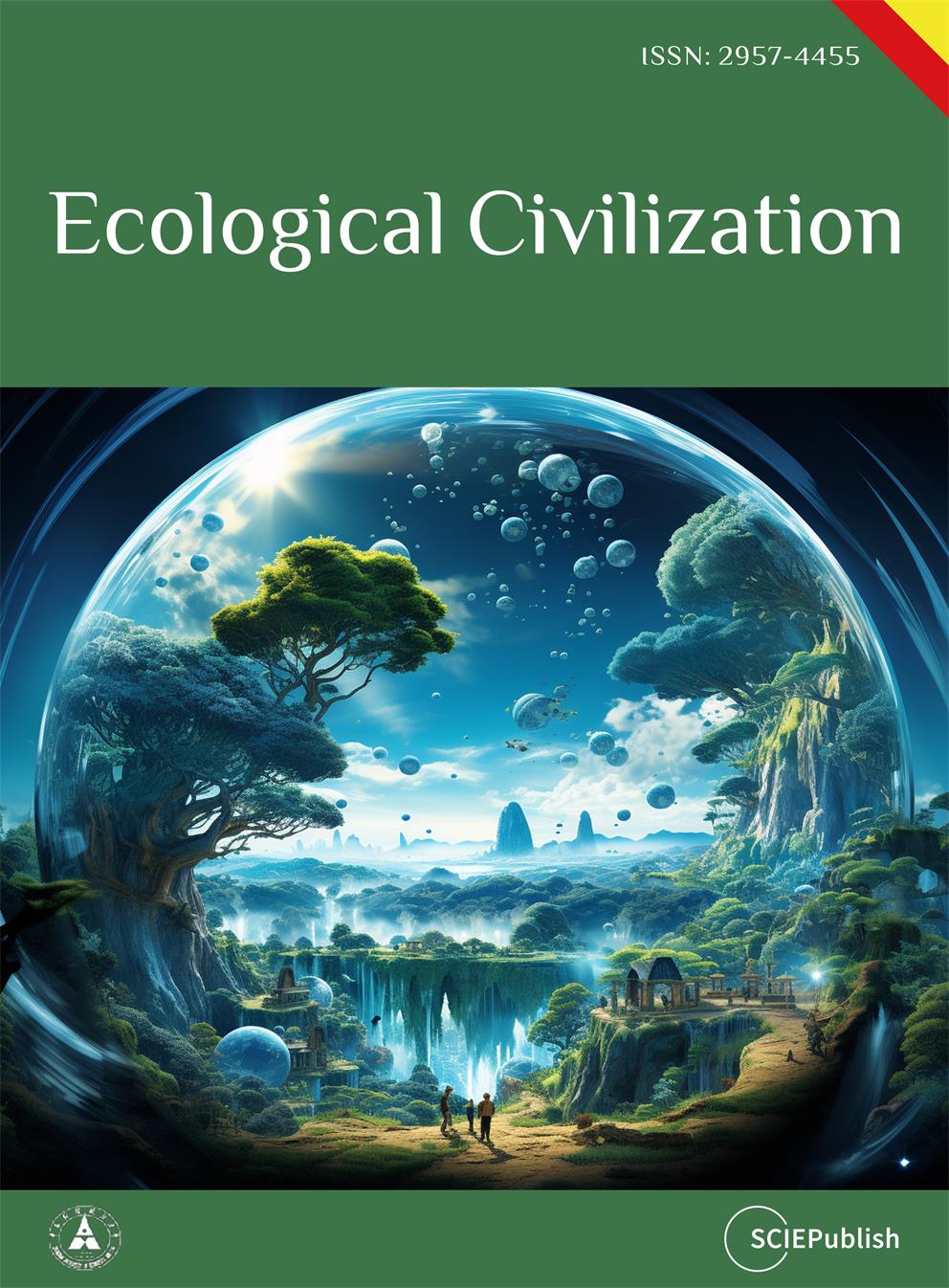Found 2 results
Open Access
Article
05 August 2024Promoting Ecological Civilization through Religious Prophetic Communication: An Interreligious Framework
This paper explores the transformative potential of religious prophetic communication in advancing an ecological civilization. Drawing upon diverse religious traditions—Christianity, Islam, Buddhism, and Confucianism—it argues that religious teachings offer profound insights and ethical frameworks essential for addressing contemporary ecological challenges. A key aspect of ecological civilization is the presence of a pervasive ecological ethos. The paper contends that religious prophetic communication plays a crucial role in cultivating such an ethos by promoting a heightened ecological conscience and consciousness among individuals and communities. Through prophetic communication, faith actors and communicators articulate moral imperatives rooted in religious principles contextualized to the present ecological situation. The paper delineates five components that make up religious prophetic communication: (1) Communicating from the position of faith; (2) Communicating in a contextually relevant manner; (3) Communicating to energize; (4) Communicating to criticize; and (5) Communicating beyond words. Applied to the ecological context, religious prophetic communication aims to affirm, stimulate imagination, clarify misunderstandings, inspire action, and confront unjust realities. By carrying out its prophetic role, religious communicators can help bring about an ecological ethos and promote the realization of ecological civilization.

Open Access
Article
11 May 2023Roots of (and Solutions to) Our Ecological Crisis. A Humanistic Perspective
Research into the sources of contemporary ecological crisis as well as ways to overcome it has been conducted for several decades. Rich academic literature provides numerous attempts to identify the causes of the crisis and its solutions. The ecological crisis is extremely complex and variously conditioned. Therefore, I focus on determining only two sources of the crisis and, respectively, two solutions. Since the late 1960s, monotheistic religions, Christianity in particular, have been made responsible for the environmental crisis. Christianity is accused of forwarding two theses which are harmful to the environment: 1. The sole purpose of nature is to serve man. 2. By God’s will, man is endowed with unlimited power over nature. I attempt to overcome this understanding of the source of the crisis by showing the interpretation of the Bible which contradicts the above-mentioned theses. Moreover, I show “the ecological potential” of the Judeo-Christian and Muslim traditions. As the second source of the crisis I indicate modern thought: 1. Man’s alienation from nature as the result of the Cartesian division of reality into res cogitans and res extensa. 2. Francis Bacon’s program: the study of nature is the task of natural sciences alone; nature is devoid of value in itself. 3. The mathematization of nature made it possible for the natural and technical sciences to develop rapidly, which contributed to the industrial revolution. I look for an antidote to this cause of the crisis in Klaus M. Meyer-Abich’s idea of man’s peace with nature which he developed as part of the practical philosophy of nature. I believe that revealing our inseparable bond with nature and showing compassion towards nature may help overcome the destructive consequences of modern thought.
